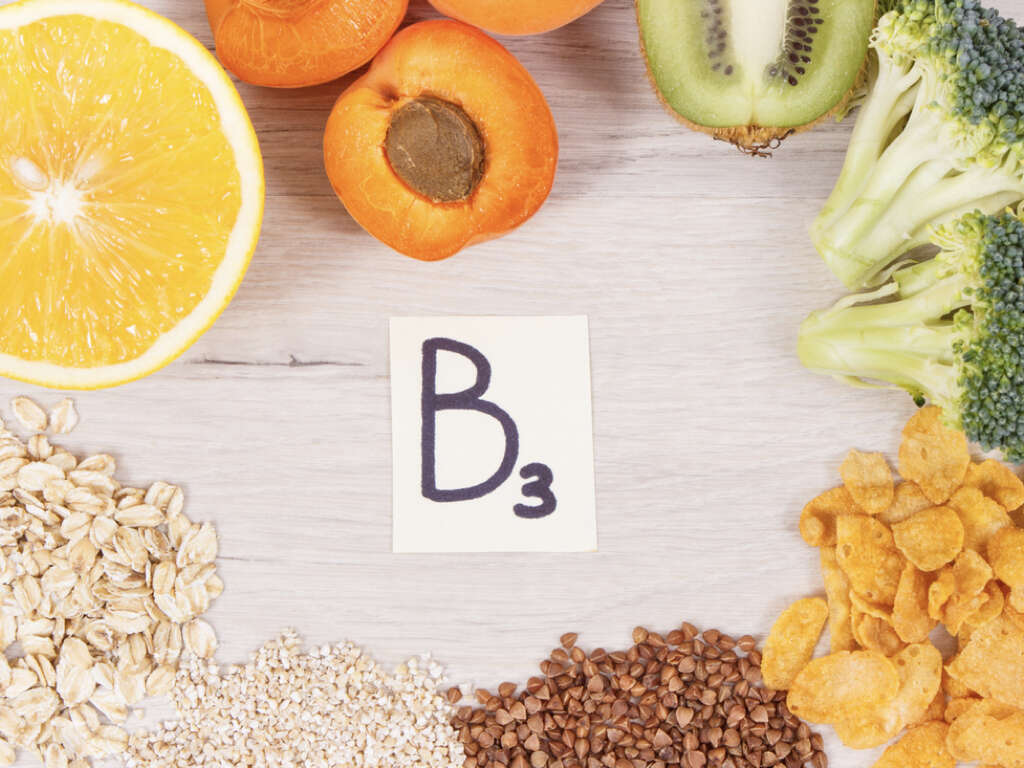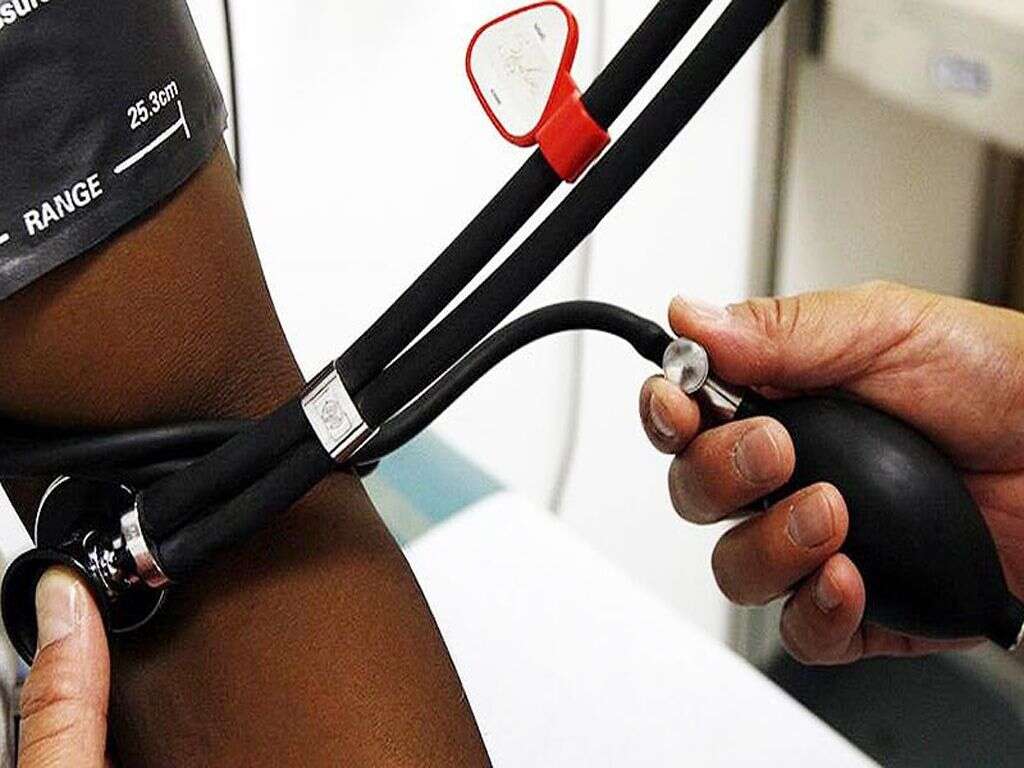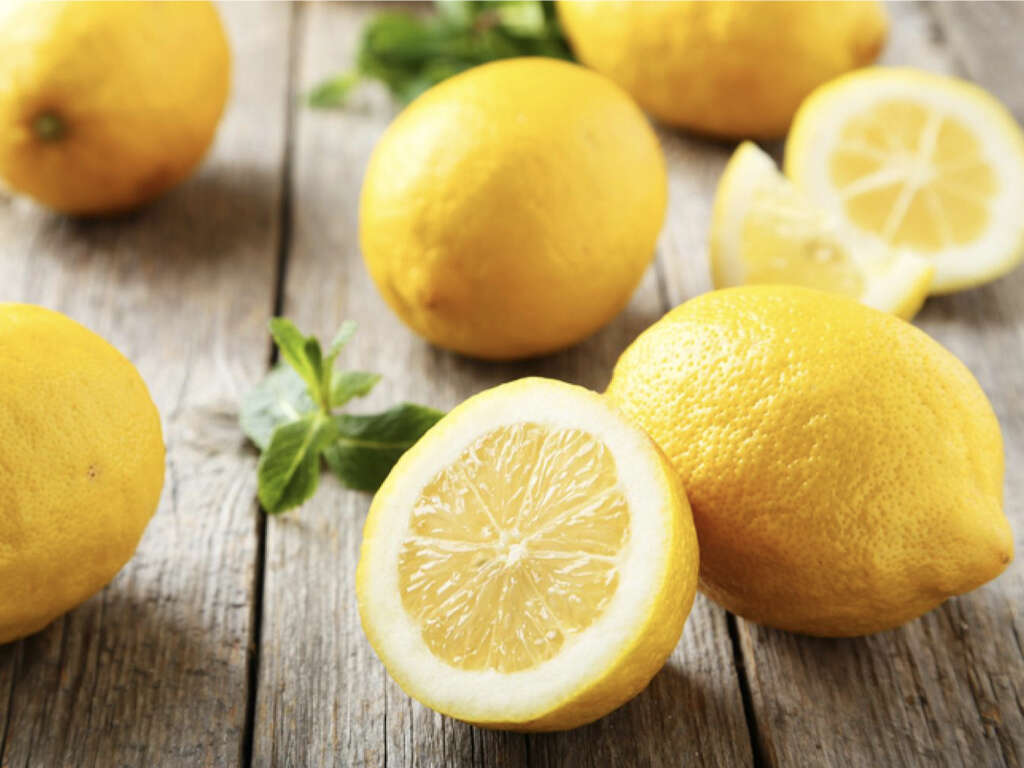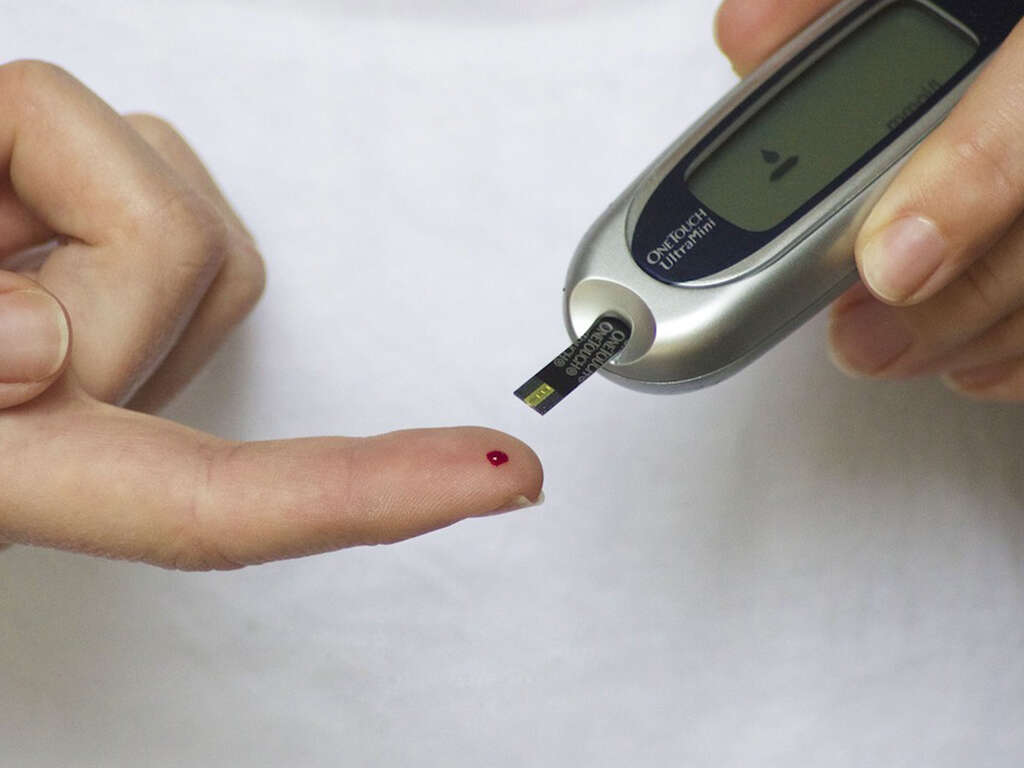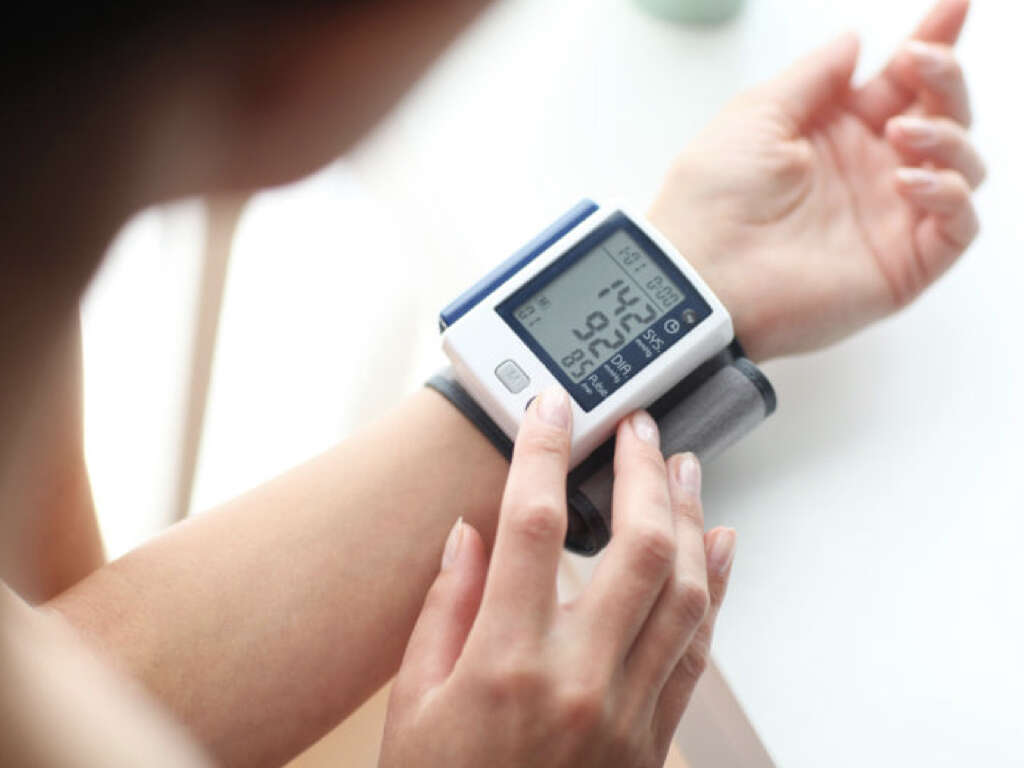What Is Oxidized Cholesterol?
Cholesterol has been in the news since the 1950s when it was first discovered to cause heart disease. Since that time, most everyone has learned that keeping your heart healthy means avoiding foods like greasy hamburgers and French fries.
Now the news is full of reports about the dangers of oxidized cholesterol and the importance of avoiding certain oils. If you are confused about what to eat and what to avoid, here are 10 important things to know about oxidized cholesterol and its effect on your health.
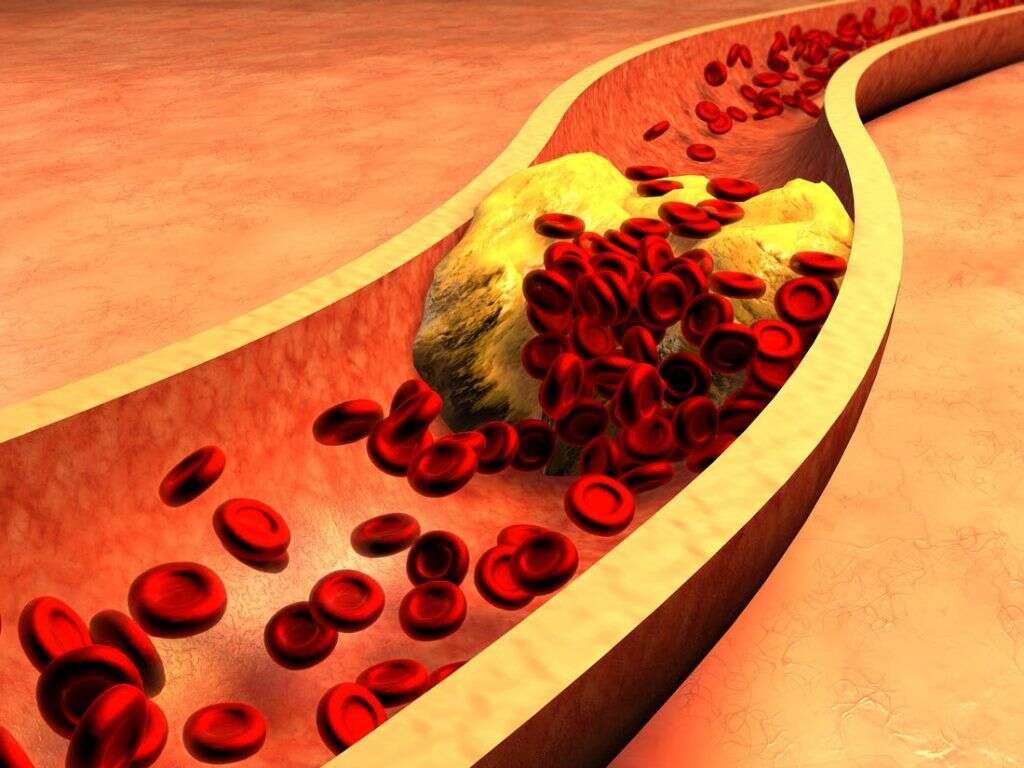
1. What Is Cholesterol?
Cholesterol is an organic molecule made of carbon, hydrogen, and oxygen, with the chemical formula C27H46O. It is classified as a lipid along with other substances like oil, fat, and wax. It is also considered a type of steroid. Cholesterol has a low melting point of 298 to 302 degrees Fahrenheit and does not dissolve in water.
Some people are surprised to learn that the human body makes its own cholesterol. It is manufactured by every cell in the body, with most created in the liver, intestines, adrenal glands, ovaries, and testes. From these locations, it is carried by the bloodstream to wherever it is needed.
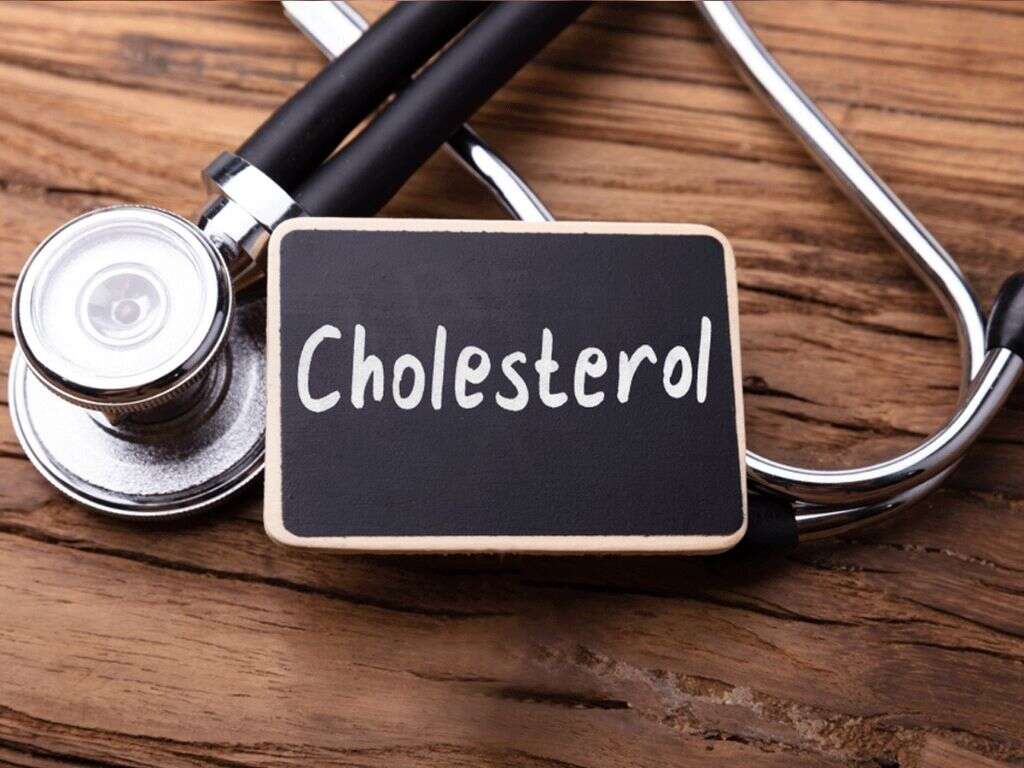
2. What Is the Difference Between LDL and HDL Cholesterol?
In the same way that oil and water do not mix, cholesterol does not dissolve in blood. To navigate through the bloodstream, cholesterol must be carried on molecules called lipoproteins, which are made of proteins and fats. High-density lipoproteins (HDL) transport cholesterol to the liver for removal. They reduce inflammation, produce nitric oxide to dilate blood vessels, and prevent clotting. High levels of HDL are considered beneficial for cardiovascular health.
Low-density lipoproteins (LDL) are the primary carriers of cholesterol, and very low-density lipoproteins (VLDL) also carry a small amount. High levels of VLDL and LDL cholesterol in the blood can lead to the formation of plaques, which are a combination of cholesterol, fatty acids, calcium, connective tissue, and cellular debris. The presence of these plaques is called atherosclerosis and can result in heart attack, stroke, or lack of blood flow to other organs like the kidneys.

3. Does Cholesterol Serve Any Purpose in the Body?
Every cell in your body is surrounded by a membrane full of cholesterol, weighing about 1 ounce total in the body. People without sufficient cholesterol have a higher risk of hemorrhagic stroke, depression, anxiety, abnormal pregnancy, and cancer.
Cells need cholesterol to send messages and transport materials. Without it, you also could not make vitamin D from sunlight or metabolize calcium from your diet. Your reproductive organs could not produce sex hormones like progesterone, estrogen, and testosterone, and your adrenal glands could not make cortisol or aldosterone.
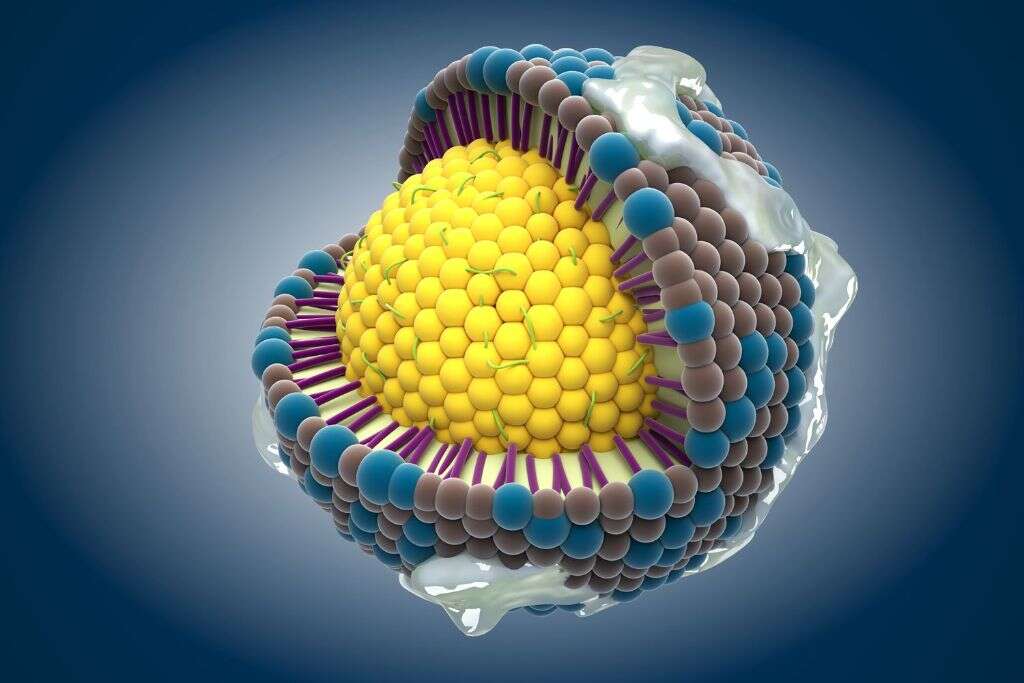
4. What Does Oxidized Mean?
Oxidation is the term for a chemical reaction in which one substance has some of its electrons taken away by another substance. Oxygen is a notorious electron thief, hence the word “oxidize” was coined to describe the process. However, other elements and compounds besides oxygen can do the same thing. For example, it is natural for the liver to oxidize cholesterol into digestive bile acids; but when cholesterol and hence bile become too concentrated, cholesterol can build up, harden, and become part of gallstones.
LDL cholesterol also can also become oxidized by nitrogen, various enzymes, and by compounds known as free radicals, including hemoglobin leaked from damaged red blood cells and by excess copper and iron stored in the liver. This type of oxidation causes changes to both the cholesterol and to its lipoprotein carrier and leads to plaques in the arteries. HDL cholesterol can help prevent this type of oxidation from occurring to LDL.
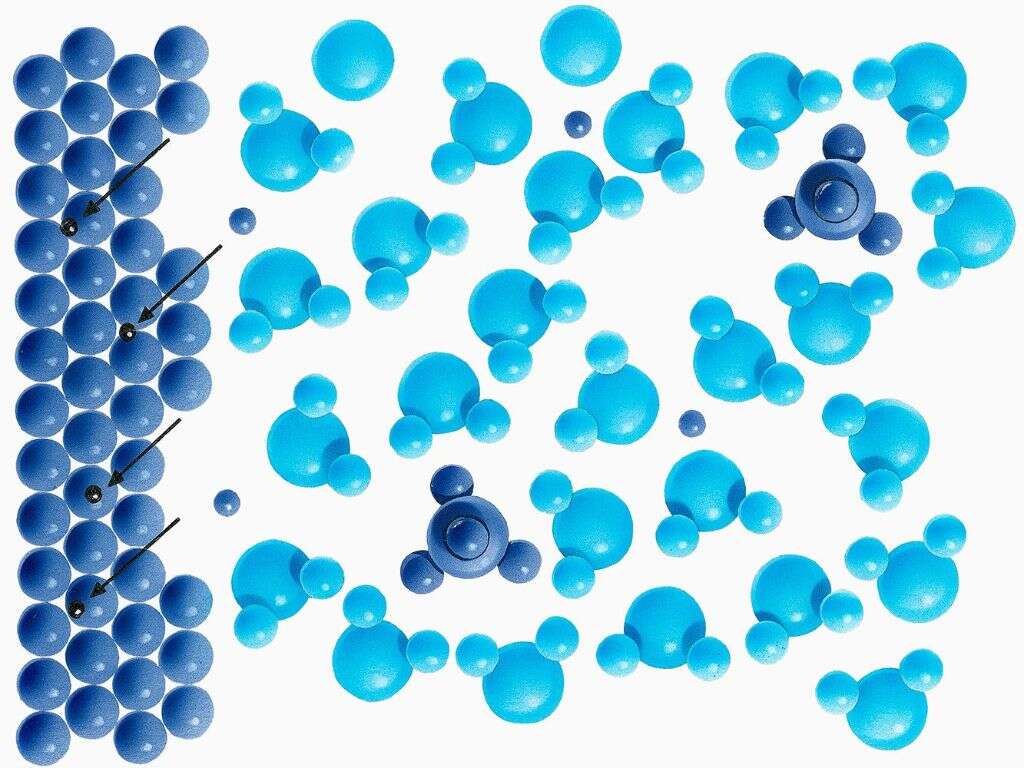
5. Is Oxidized Cholesterol Bad for You?
Oxidized cholesterol is similar to rancid, or spoiled, cooking oil. Oxidized cholesterol molecules, called oxysterols, damage endothelial cells, constrict blood vessels, and stick to artery walls. As this damage is occurring, white blood cells called macrophages inadvertently become part of the problem by engulfing the oxidized cholesterol, taking on a foamy consistency, and adhering to the growing plaques.
As plaques grow over time, they block blood flow to the heart and other organs. They are associated with heart attack, stroke, Alzheimer’s disease, retinal degeneration, age-related macular degeneration, cataracts, Niemann–Pick C1 disease, and Smith–Lemli–Opitz syndrome.

6. What Happens When You Eat Cholesterol?
An average person makes about 1000 milligrams of cholesterol per day, but less if cholesterol from animal products like meat, cheese, milk, and eggs are included in the diet. When you eat cholesterol, it is digested like other fats. Bile from the gallbladder and enzymes from the pancreas are secreted into the small intestine to break it down. As part of digestion, cholesterol is converted into a type of molecule called an ester. Esters are not well-absorbed by the small intestines the way other nutrients are, so it is carried into the bloodstream by chylomicron lipoprotein carrier cells.
Plants secrete a small amount of compounds similar to cholesterol called phytosterols that further block cholesterol absorption by the intestines. Plants that contain a large amount of phytosterols are legumes, avocados, nuts, whole grains, and seeds. Some doctors recommend increasing the amount of these foods in the diet.

7. What Happens When You Eat Oxidized Cholesterol?
Consuming oxidized cholesterol as food adds to its overall level in the blood. Oxidized cholesterol is present in animal products that have been heated to a high temperature or overly processed. Examples of foods with oxidized cholesterol are fried chicken, grilled steak, processed meats such as salami or bologna, instant non-fat powdered milk, some whey protein concentrates, egg products, and powdered eggs.
Surprisingly, recent evidence suggests that the lipid primarily responsible for the formation of oxidized cholesterol in the body is not an animal product at all but instead is polyunsaturated vegetable oil from modern agricultural crop plants such as corn, oil, and soybeans. These oils contain linoleic acid and omega-6 fatty acids, which make them prone to rancidity when exposed to light and air. People who eat a lot of polyunsaturated vegetable oils have been shown to carry detectable levels of linoleic acid and omega-6 fatty acids in their subcutaneous fat and blood platelets because once in the body, they out-compete other, beneficial fatty acids for uptake into cells. The vegetable oils also become part of lipoproteins (VLDL and LDL cholesterol), causing them to become oxidized more easily.

8. How Do You Get Your Cholesterol Levels Checked?
The test for cholesterol requires a fasting blood draw, which means you should not eat for nine to twelve hours before having your blood taken. Many walk-in clinics and pharmacies can do the test, although they may not have results as extensive as those from your regular doctor. You can also purchase a kit to test your cholesterol at home. Besides privacy, another perk to at-home tests is that you will know your results immediately, as opposed to waiting one to three days for results from a doctor’s office.
A full lipid panel will provide results on each kind of cholesterol, measured in the number of milligrams of cholesterol per deciliter of blood. Total blood cholesterol should be below 200 milligrams/deciliter, and above 240 is considered high. Triglycerides should be less than 150, and levels above 200 are high. HDL should be around 60, and anything less than 40 is considered too low. LDL should be less than 100, and anything over 160 is too high. No specific test exists for VLDL cholesterol, but levels can be approximated based on triglycerides
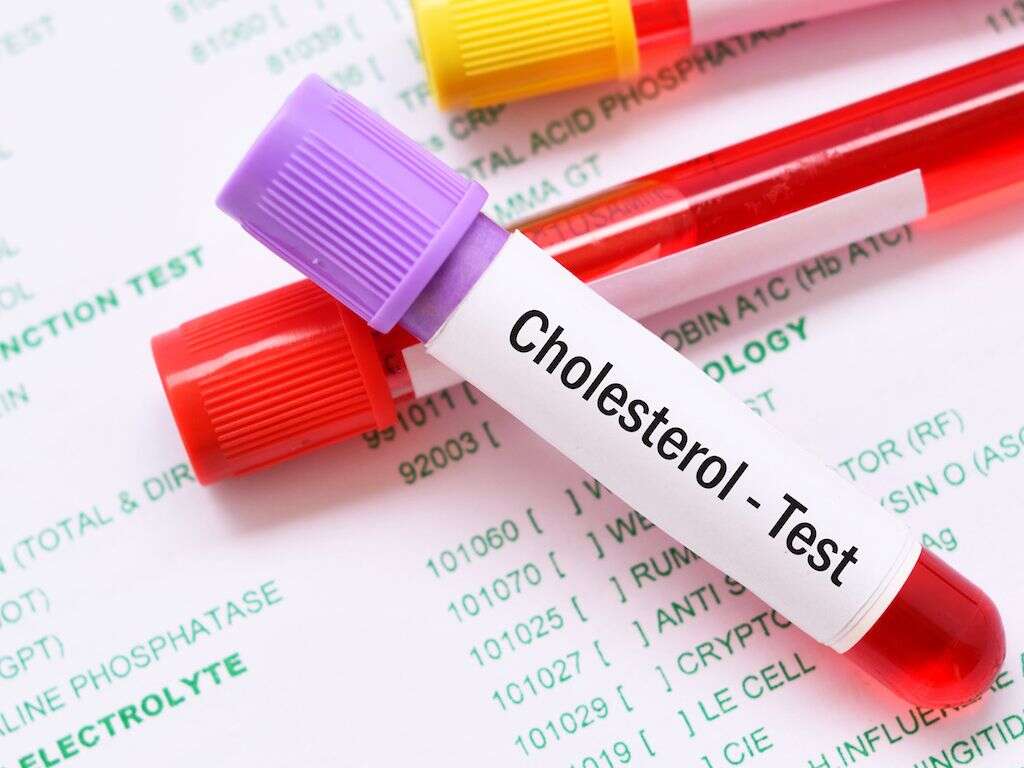
9. How Do You Lower Cholesterol?
There are a number of ways to lower your cholesterol naturally. Just adding 20 minutes of exercise to your daily routine can lower it significantly; combined with an effort to lose weight and stop smoking, the results can be dramatic. Managing stress and getting enough sleep are also important to help your blood vessels heal from inflammation.
If natural methods fail, a doctor can prescribe cholesterol-lowering medications. Remember, it is primarily high levels of LDL cholesterol that should cause concern due to their negative effects on the arteries. When LDL is lower than HDL, the effect of total blood cholesterol is less important.
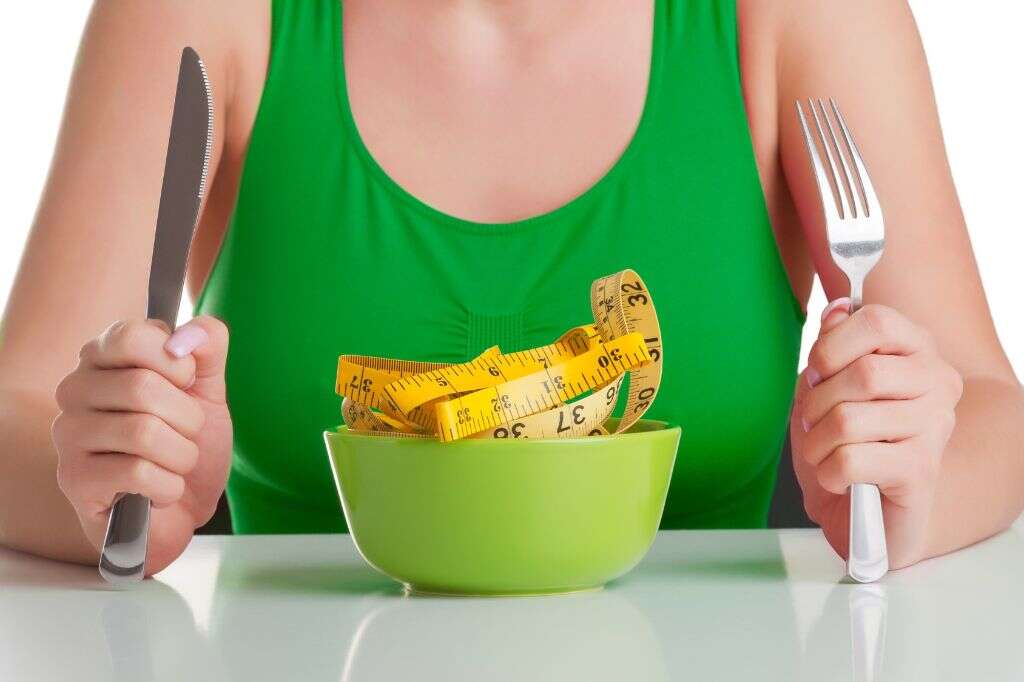
10. What Is the Best Diet To Prevent Cardiovascular Disease?
To prevent atherosclerosis and keep your cardiovascular system healthy, there are many simple changes you can make to your diet. You should avoid any foods containing oxidized cholesterol, and you should also avoid polyunsaturated oils that can cause your own cholesterol to become oxidized. Instead, choose oils from flax seeds, olives, or avocados. Avoid fried, grilled, or processed meat and stick to whole grains such as oats, whole wheat, and quinoa instead of simple carbohydrates like white bread, pasta, and white rice.
Eat fresh fruits and vegetables, especially those with high antioxidant content like pomegranates and wild blueberries. Additionally, you can talk to your doctor about taking antioxidant supplements such as CoQ10, astaxanthin, or vitamin E. Drinking one glass of red wine per day and eating cholesterol-lowering foods such as oatmeal, dark chocolate, garlic, and berries can also have beneficial effects on not just your cholesterol, but your health overall.




